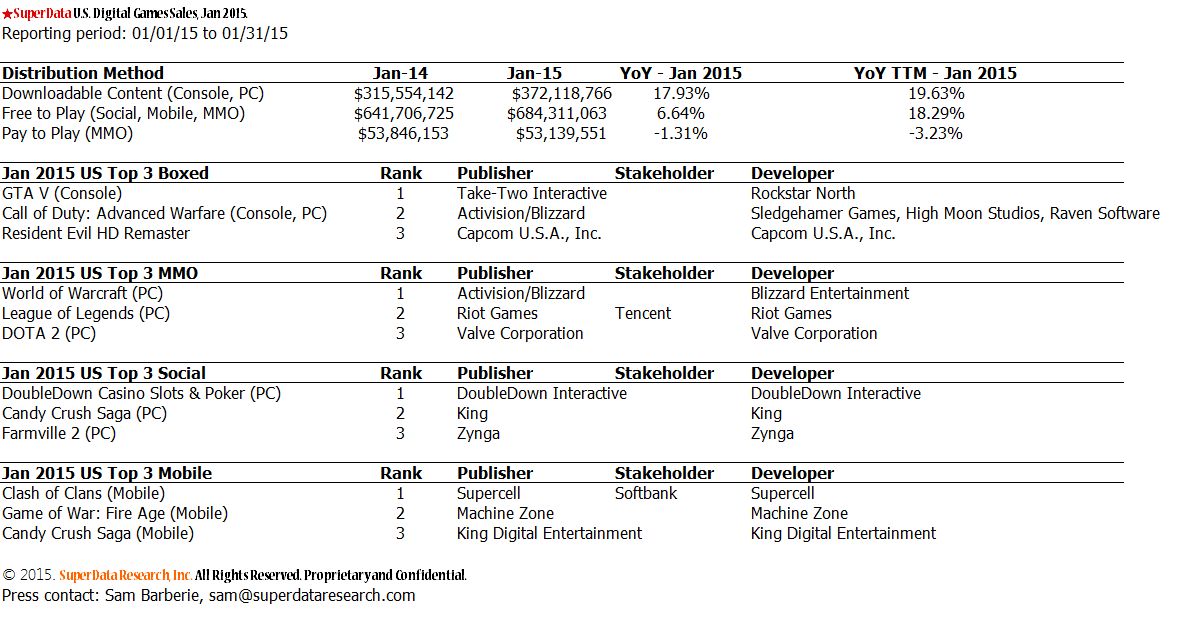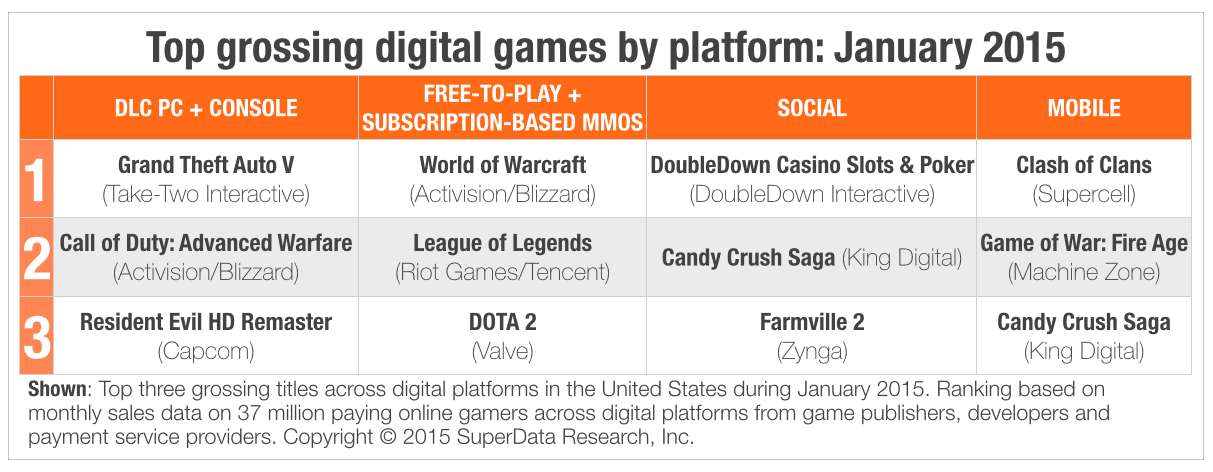The rise of the indie game developers over the past few years hasn’t just been about kids coming out of college and starting game development. It’s also about veterans of gaming who have made the journey from large companies back down to small groups or even lone wolf status. One such journey has been taken by veteran Rod Humble, who released his game Cults & Daggers on Steam today for $29.99.

Rod Humble
Cults & Daggers is, according to the press release description, “a sprawling and complex turn-based strategy game created and developed exclusively by renowned game designer Rod Humble. The game delves into the tumultuous time between the death of Buddha and the birth of Christ when mystical cults dominated the ancient religious and societal landscape.”
“Without a doubt Cults & Daggers caters to a specific audience, one that enjoys complex and high chaos situations where you try and navigate your faith in a tumultuous world,” said Humble, CEO of Chaphat LLC. “This game is a passion project for me which I designed and built on my own. I’ve read quite extensively about the time period and thought that the subject matter, the rise of ancient religious cults and societies, was fascinating and worth exploring.”
The game deals with an interesting historical period, adding in fantastic elements and giving the players plenty of strategy to consider. The description provided is definitely different in scope than most games: “As Cults & Daggers opens, you learn that the Old Gods are plotting to destroy a planet they can no longer rule, and you are tasked with creating your own religious faith to fight a secret war for the soul of the world. You’ll have to recruit loyal disciples throughout the Mediterranean in order to spread your faith by preaching to the masses and converting noble families. Along the way, you’ll have to deal with spies, assassinations, martyrs, occult forces, prophets and blasphemers, all while battling the Old Gods and other rising cults for the hearts and minds of the world.”
Humble’s history in the games business is extensive. Prior to starting Chaphat, Mr. Humble served as the Chief Executive Officer of Second Life creator Linden Lab. Before Linden Lab, he served as Executive Vice President of the EA Play label of Electronic Arts and oversaw the best-selling PC game franchise of all-time, The Sims.
Humble’s 25-year career in game development includes work on more than 200 games and in 2009 he was ranked #2 on the annual list of the “Hot 100 Game Developers” from gaming publication, Edge. Prior to his work at Electronic Arts, Humble served as Vice President of Product Development at Sony Online Entertainment (now Daybreak Game Company) for one of the first successful, massively multiplayer online games (MMOG), EverQuest.
The [a]listdaily spoke with Humble to find out why he’s created this game and where he intends to go from here.
Why did you go from executive roles to hands-on game creation?
I wanted to make some games that I knew nobody else was going to make. Personal ones that I wanted to play. I was in the fortunate position that I could fund myself and do that. Taking some time to get back to hands on coding has been great fun!
You know how hard it is for games to get discovered these days. What’s your strategy for marketing your game to overcome the discoverability problem?
I don’t know the answer , I am not sure anyone does. The best thing I can do is make something unique and new and then hope like minded gamers will notice and seek it out. I will say, though, that Steam’s suggestions list seems to be very helpful when it comes to linking to games of the same genre.
Why this particular game, with the historical setting and strategy focus, and why this choice of platform?
I love this era and setting. It is fascinating to delve into this axial age when the world was teeming with change and chaos. When I read the words “ancient mystery cults” in the text books it was just begging to have a game made about it! The platform choice was easy, big complex strategy games natural home is PC/Mac I think.
You’ve gone with an up-front pricing model rather than some variant of free-to-play. Is that entirely due to the nature of the game design, or is it because you see problems with the free-to-play model?
It is the nature of the game. This is a big game and I want a customer to buy it and be able to play the whole thing. I will also be releasing at least one free expansion pack.
What’s next for you and Chaphat? Will you add on to Cults & Daggers in some way, or work on something new?
For a while it will be Cults & Daggers support and future content pushes. After that I have some ideas for other games I would like to explore. It is a joy just making games by yourself, I would like to do it for a while longer yet.
 Rod Humble
Rod Humble




